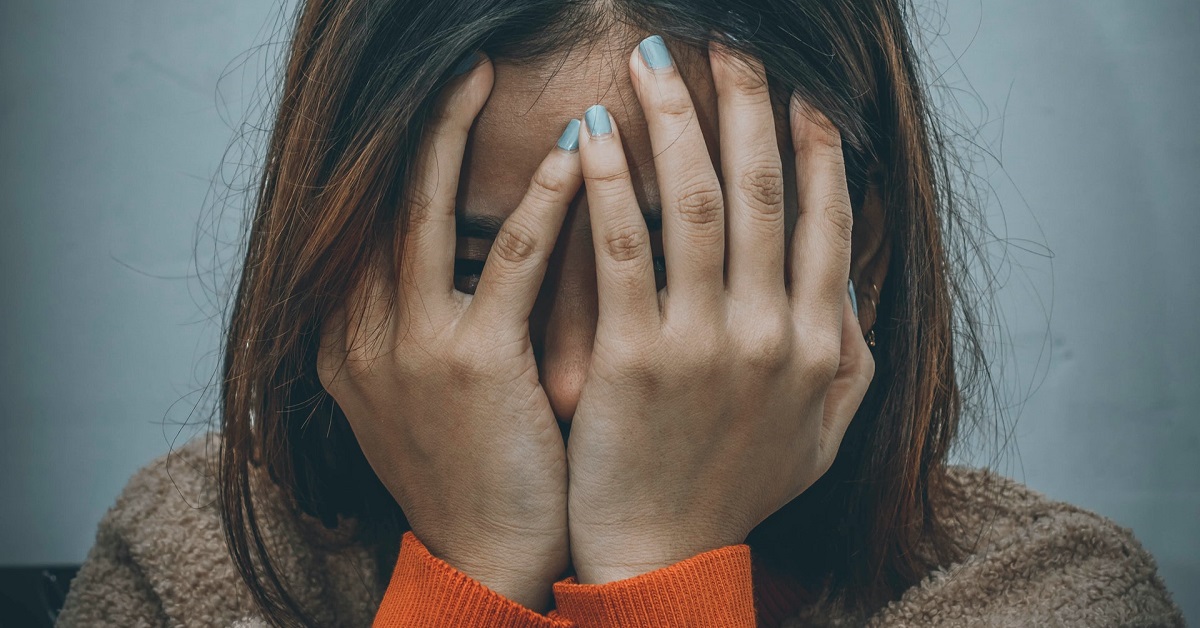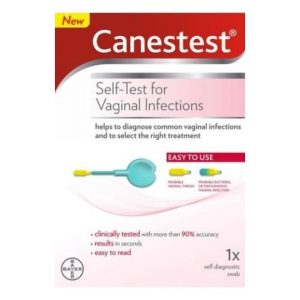Chemist.net Cookie Policy : We use cookies to enhance your user experience. To find out more please view our cookie policy
How Do You Know That You Have Thrush?

Both men and women can get the common yeast infection known as thrush. Although it normally doesn't hurt, it might be uncomfortable if it keeps recurring. Thrush does not fall within the category of an STD (STI), but it can be passed on through, or caused by, sex (although the former is uncommon). Continue reading to learn more about the symptoms of thrush and how to treat it.
What are the symptoms of thrush?
Symptoms of thrush in women
- White vaginal discharge that frequently resembles cottage cheese but does not smell
- Itching and inflammation around the vagina
- Soreness and discomfort during sex or when urinating
Symptoms of thrush in men
- Redness, burning, and irritation under the foreskin and around the penis' head
- A white discharge (like cottage cheese)
- An unpleasant odour
- Difficulty in retracting their foreskin
Thrush in other body parts
Other locations, such as the groin, between the fingers, and the armpits, are susceptible to thrush.
Typically, this results in a rash that is red, itchy, or painful and scales over with a yellow or white discharge. On darker skin, the rash may not be as noticeable.
Thrush occasionally has no visible symptoms at all.

What causes thrush?
Although thrush is not considered a sexually transmitted infection (STI), sex can cause it to develop.
A generally benign fungus known as candida is what causes thrush.
It typically appears when the balance of bacteria changes and grows best in warm, moist environments.
This may occur if any of the following apply to you:
- You have inflamed or damaged skin
- You're using antibiotics
- Have poorly controlled diabetes
- Have a weaker immune system (for instance, as a result of HIV or chemotherapy), or are receiving hormone replacement therapy (HRT)
- You are pregnant
How do you treat thrush?
Thrush is typically treated with antifungal medication. This can be a pill you swallow, a pessary (a tablet you inject into your vagina), or a cream to soothe the itch.
Within 7 to 14 days after commencing medication, thrush should go away.
Partners do not require treatment unless they exhibit symptoms.
Recurring thrush
If you continue to get thrush, you may need to go on with treatment for longer (for up to 6 months - this is if it recurs more than 4 times in 12 months). A pharmacist or sexual health centre can assist in determining the root cause of your thrush. How frequently you should receive treatment will be advised.

Can thrush go away on its own?
- Once you discontinue whatever is causing the issue, thrush frequently goes away on its own. For instance, if antibiotic use caused thrush. a few weeks of waiting may be enough for the body to regain its normal yeast equilibrium.
- Use water and an emollient (such as E45 lotion) to wash the affected region instead of soap.
- Dry the area thoroughly after washing.
- Wear cotton underwear. If sex makes you uncomfortable, wait until the thrush has cleaned up before engaging in it.
A pharmacist can help with thrush
If you have previously had thrush diagnosed and you are aware of the symptoms, you can buy antifungal medications from pharmacies. A pharmacist can advise you on the best course of action. If you are uncomfortable, inquire if they have a private space where you can talk. Without consulting a pharmacist or doctor, you shouldn't use antifungal medication more than twice in a six-month period.
Below is one of the best products to help you diagnose thrush and suggest treatment:
Canestest Self-Test

Shop online today at Chemist.net for other thrush treatments.
Updated 12/8/22
This blog post was written on behalf of Chemist.net by Pharmacy Mentor.